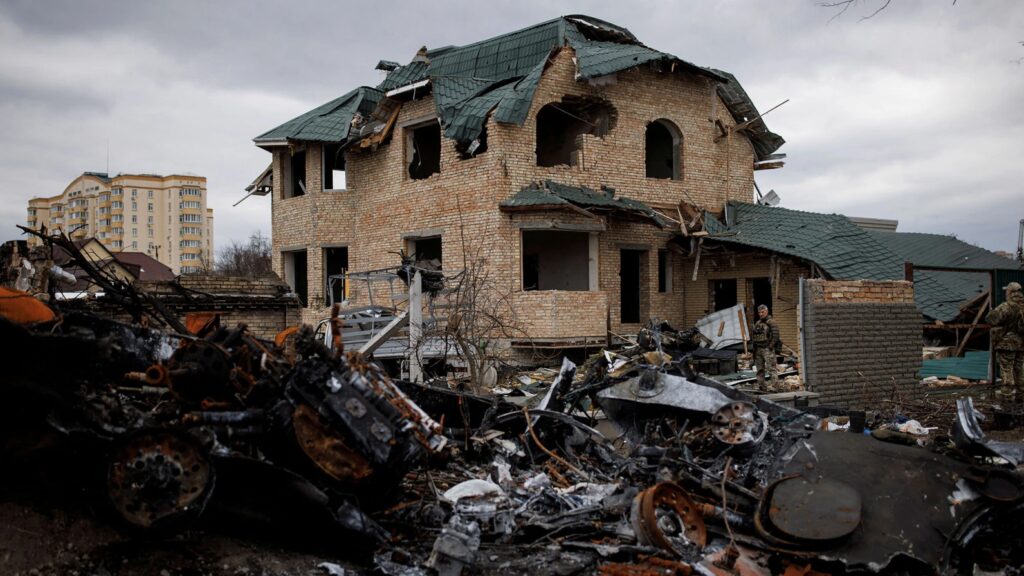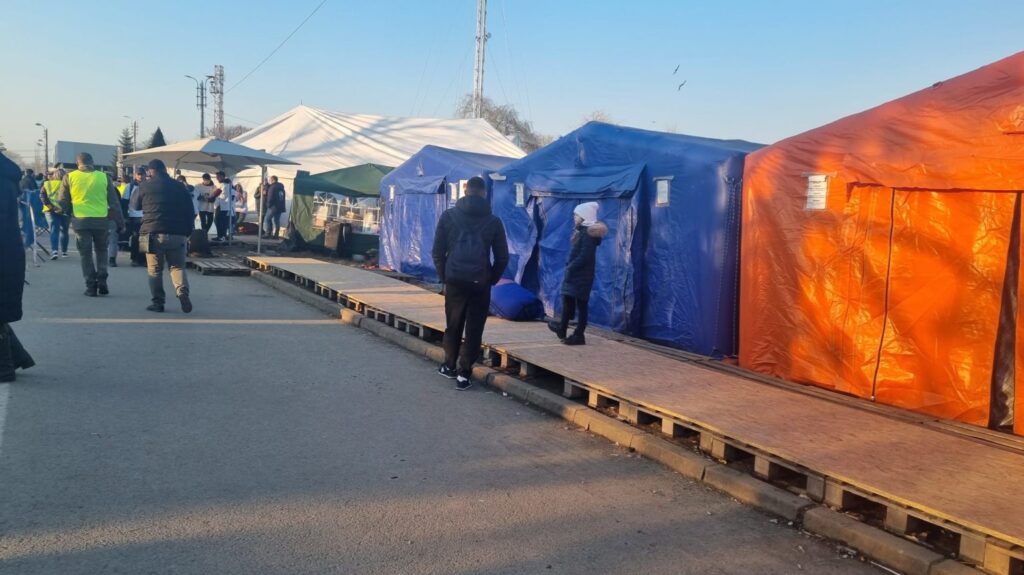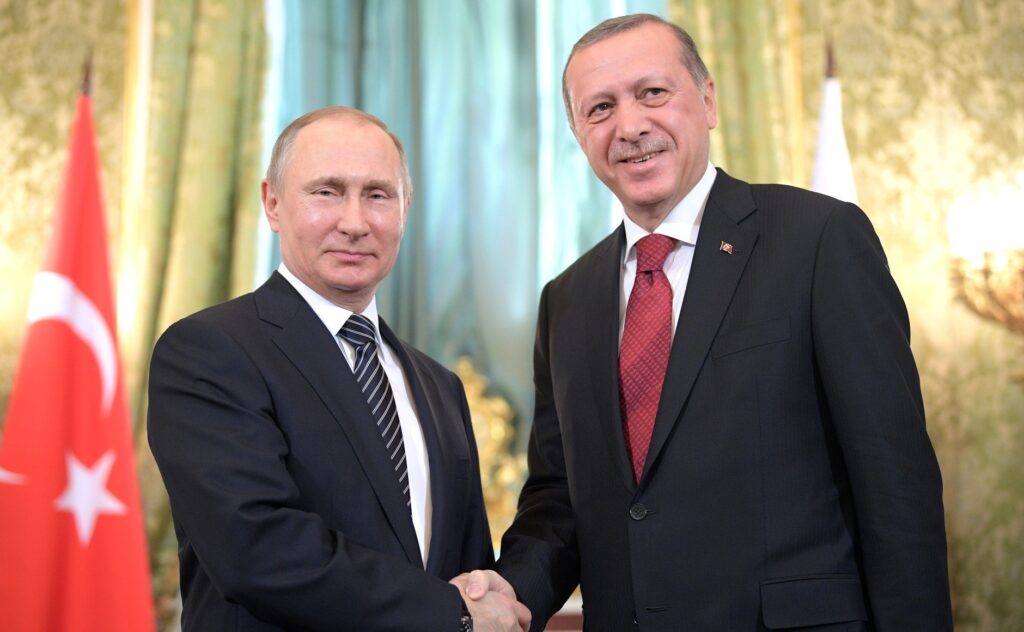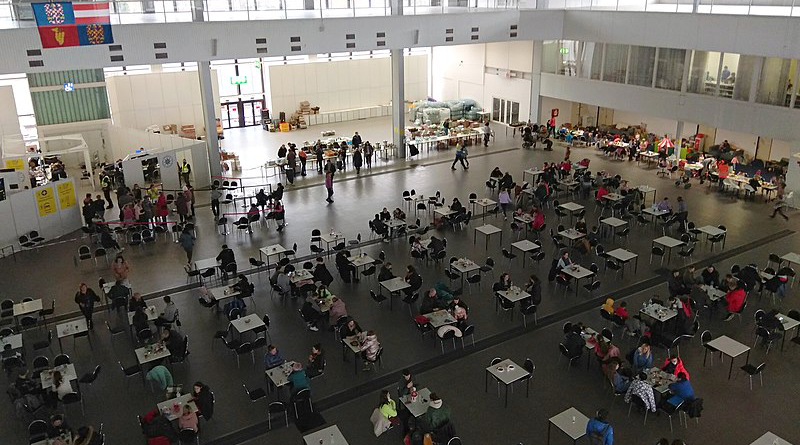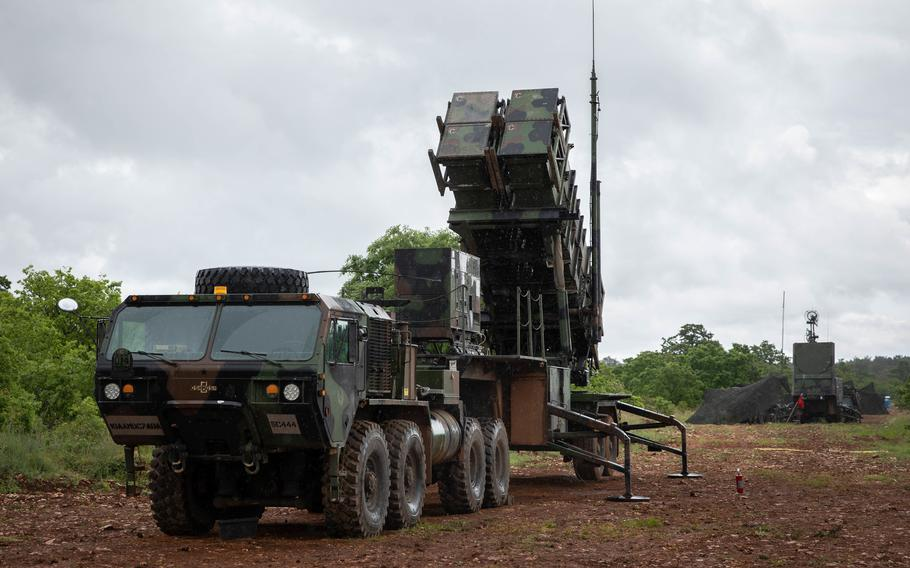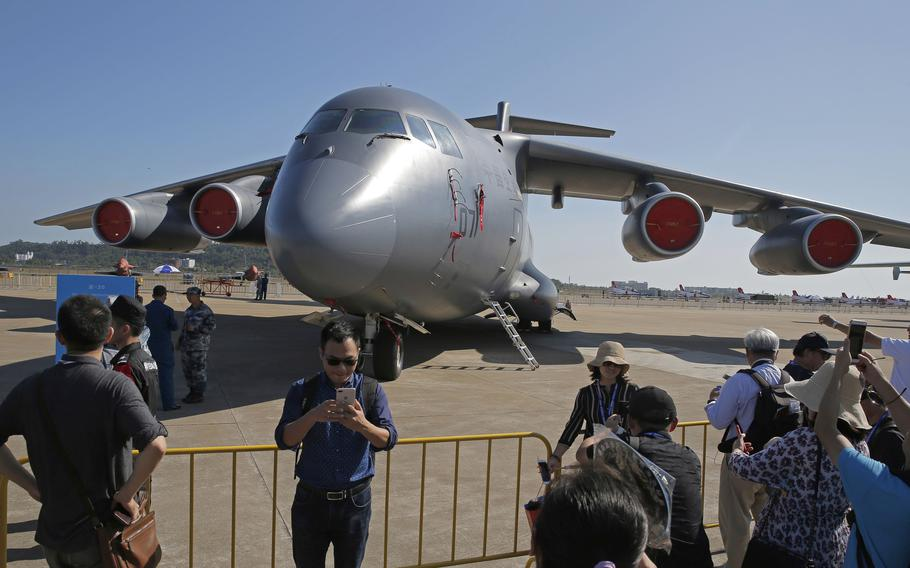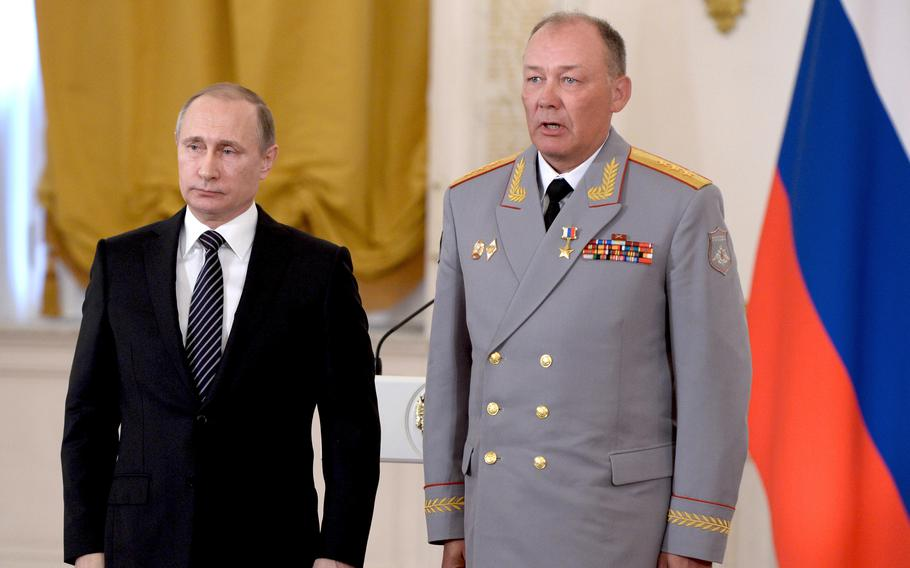Sfârșitul dolarului: Rusia și-a transformat moneda în marfă iar China a facut stocuri de materii prime. SUA, UE si Marea Britanie se afla în afara jocului!
Vom privi înapoi la evenimentele actuale și ne vom da seama că acestea au marcat trecerea de la o economie globală bazată pe dolar, subscrisă de active financiare, la monedele bazate pe mărfuri. Ne confruntăm cu o schimbare de la garanțiile de natură pur financiară la cele bazate pe mărfuri. Garanțiile sunt cele care asigură întregul sistem financiar.


